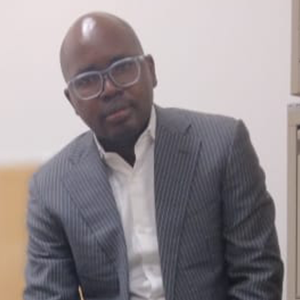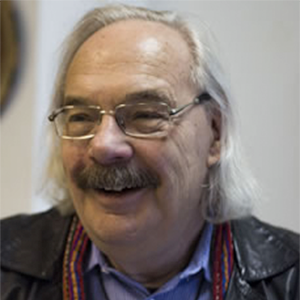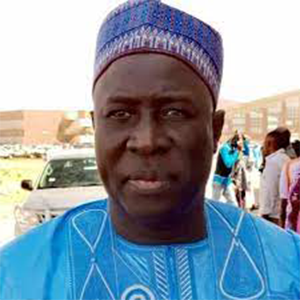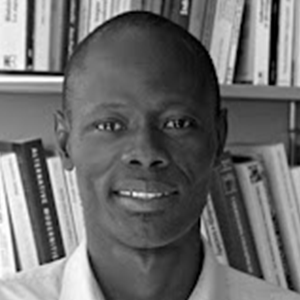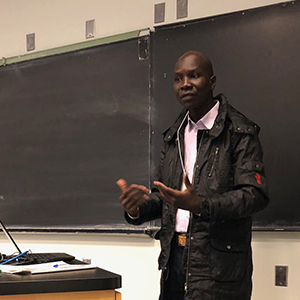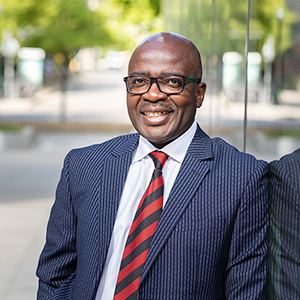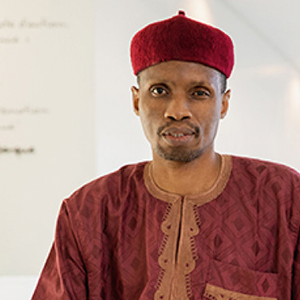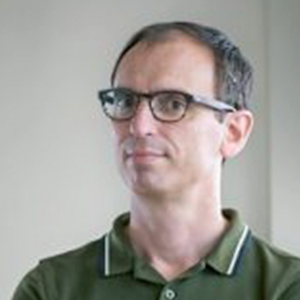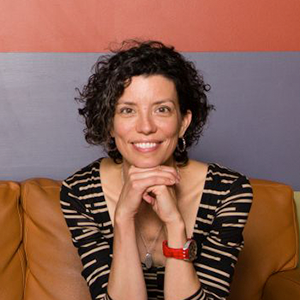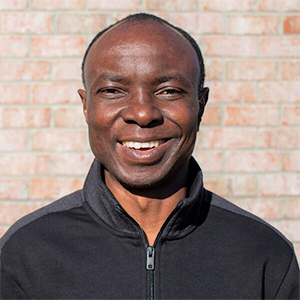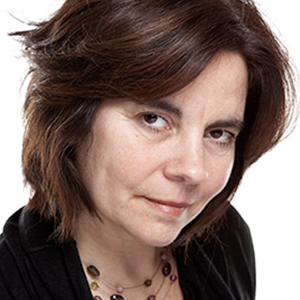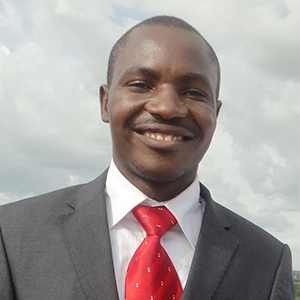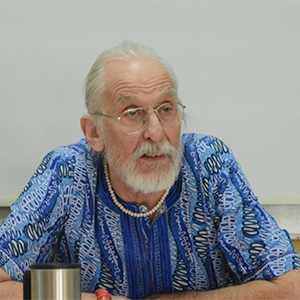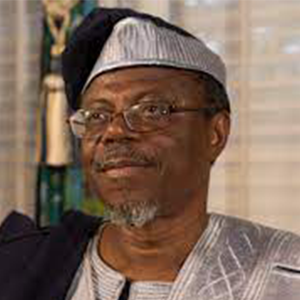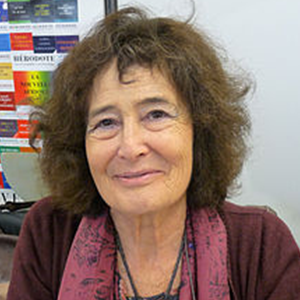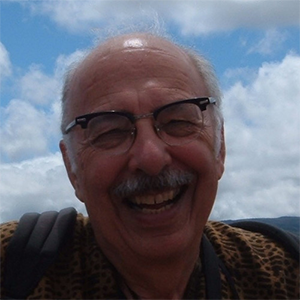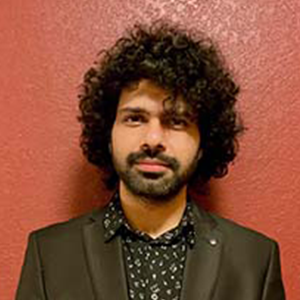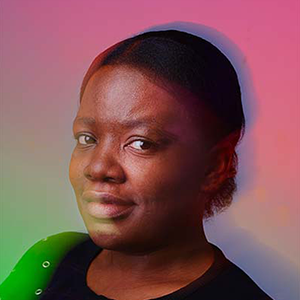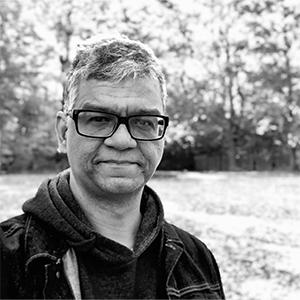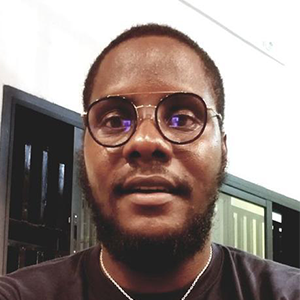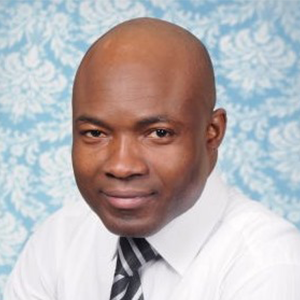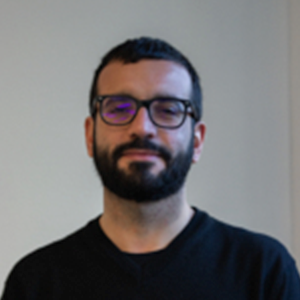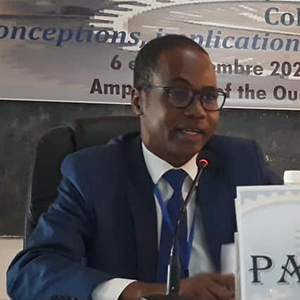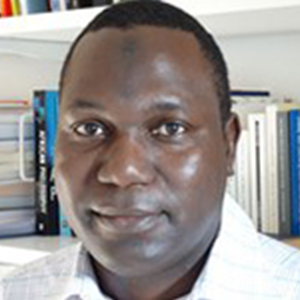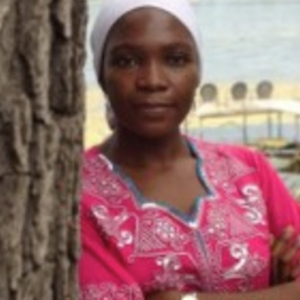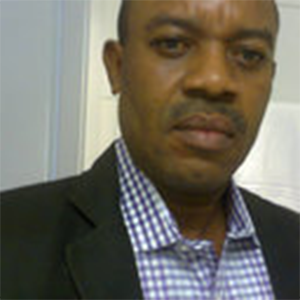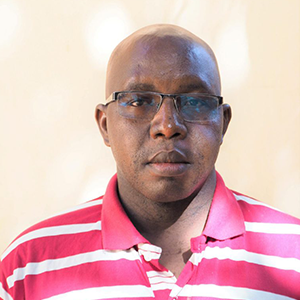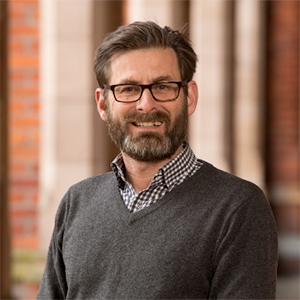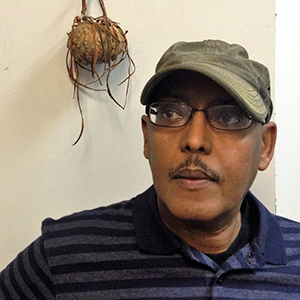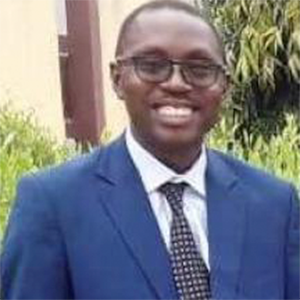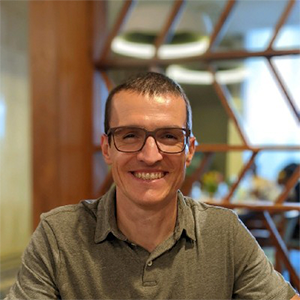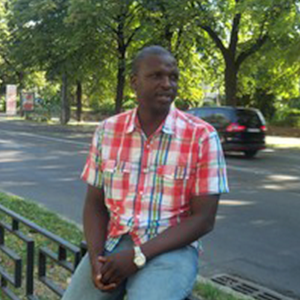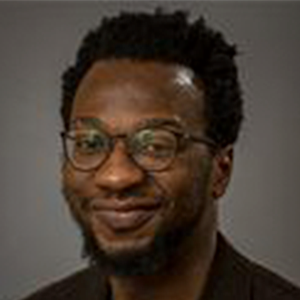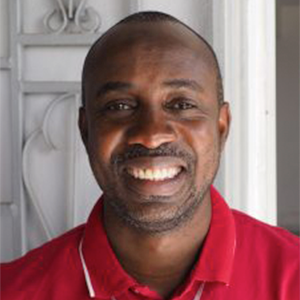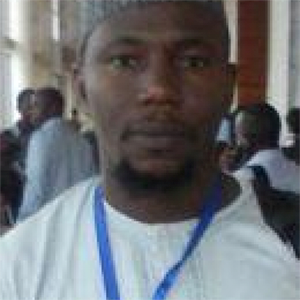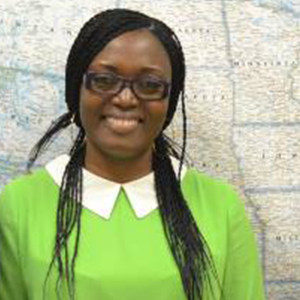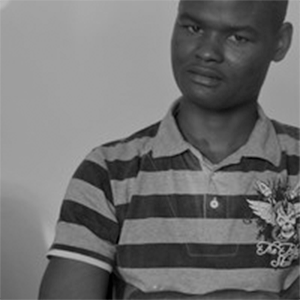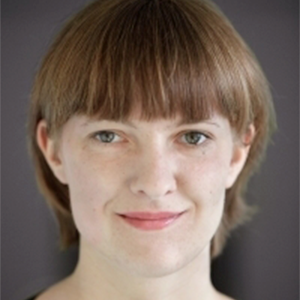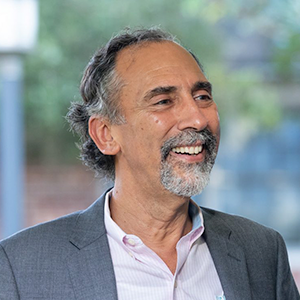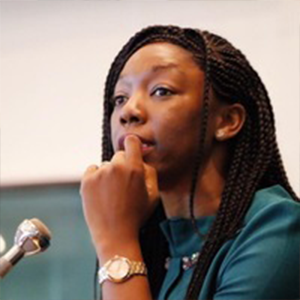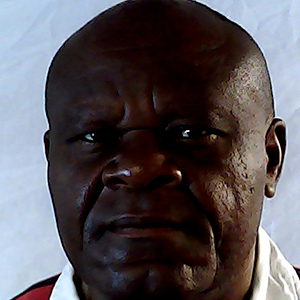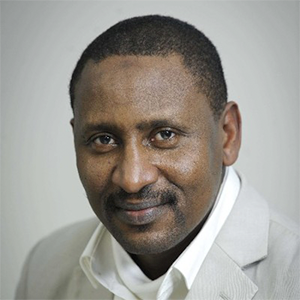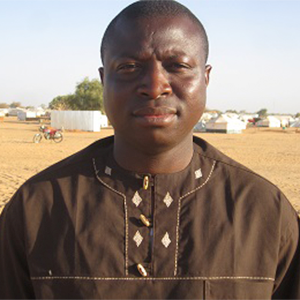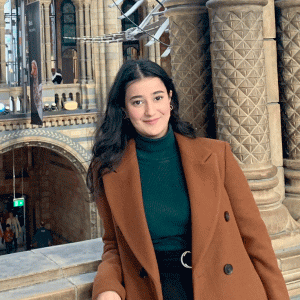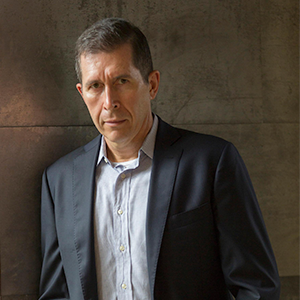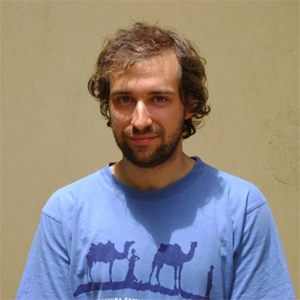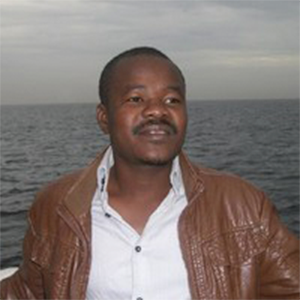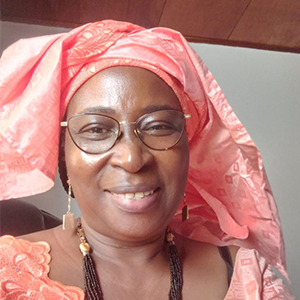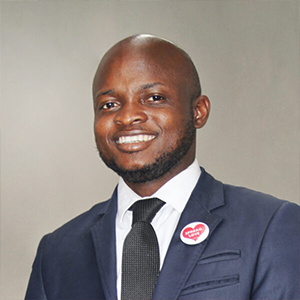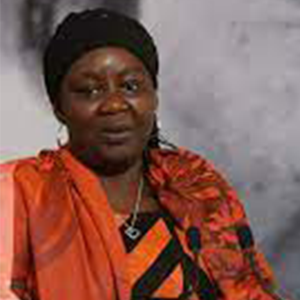Islamist Protest, Terrorism and (In)Security in Africa
June 1-3, 2022
Objectives of the Conference
The 2022 Conference on Islamic Protest, Terrorism and Security will bring researchers from various disciplines together with policymakers, students and academics to broaden and deepen the understanding of violent insurgencies and terrorism as multi-dimensional phenomena to be examined from innovative and multi-disciplinary perspectives. This conference is sponsored by the project “Boko Haram, Islamic Protest and National Security”, a Canadian SSHRC Partnership Development Grant funded initiative, in partnership with the International Relations Institute of Cameroon (IRIC), Yaounde and the Sahel Research Group (University of Florida). In addition, we have created an international research network of scholars from the University of Maroua, York University, University of Florida through its Sahel Research Group, and Non-Government Organizations in Cameroon and Nigeria. This network has been successful in sharing information among its members, who have examined the determinants of political violence, and fostering creative partnerships which have produced academic publications, policy recommendations and innovative opportunities for future scholarship. To further these innovations, the 2022 Conference will bring together 45 participants (31 international speakers from 16 different countries: USA, Canada, Italy, Turkey, France, Norway, Germany, Scotland, Netherlands, England, Northern Ireland, China, Nigeria, Chad, Niger, Burkina Faso) and 14 national speakers. Led by an international team of three scholars, respectively from Cameroon (Chétima), USA (Villalón) and Canada (Lovejoy), this event is designed to have a lasting impact by advancing future global research partnerships. It will create a forum to discuss ideas between academics, policy makers, and NGO actors, and will support future relationships between these groups by expanding the network of stakeholders in the project and its goals of understanding the underlying motivations of violence and extremism in the Sahel region of Africa.
The first day of the conference will welcome researchers from around the globe at a plenary event to introduce keynote speaker, Professor Leonardo Villalón, who will be speaking on: “Between Democracy and Militancy: Making Sense of Islamic Movements in the Sahel since 1990.” Following this plenary event, 10 panels of 4 to 5 speakers each are planned to explore the following themes: Panel 1: Terrorism in Africa: Theoretical Perspectives ; Panel 2 - History, Jihad and the Ideology of War; Panel 3 - Nature and Evolution of African Jihads; Panel 4 - Islam, Violence and Political Salafism; Panel 5 - Education and Terrorism; Panel 6 - Combating Terrorism; Panel 7 - Women, Youth and Human Rights; Panel 8 - Traditional, National and International Institutions and Restorative Justice; Panel 9 - Identification in the context of Terrorism; and Panel 10 - Technology, Media and Terrorism. In addition to the panels, roundtable will feature four distinguished scholars discussing on “Terrorism and Countering Violent Extremism in Africa”: Saibou Issa (University of Maroua, expert on Boko Haram in Cameroon), Ahmat Yacoub Dabio (CEDPE Ndjamena, expert on Boko Haram in Chad), Marc-Antoine Pérouse de Montclos (IRD Paris, expert on Boko Haram in Nigeria), Seidik Abba, Journalist and Researcher, expert on Boko Haram in Niger), Scott MacEachern (Duke Kunshan University, Archaeologist and expert on Violence in the Lake Chad Basin’s history).
The conference will also bring non-government organizations working in the region around a second roundtable on “Sharing experiences with local NGOs and civil society.” In this regard, we have invited four key figures of Cameroonian civil society, namely: Marthe Wandou (Chair, ALDEPA, and Alternative Nobel Prize 2021 Right Livelihood), Père Pascal Djeumegued (Civil Society), Aissa Doumara (Chair, ALVF-Cameroon, and Simone Veil Prize of the French Republic for Gender Equality 2019), and Halidou Demba (Chair, Public Concern). Between panels and roundtables, attendees will have opportunities for socialization and cultural exchange through networking events, roundtable discussions and informal social meetings between researchers.
Concrete Deliverable after the Event
We expect that the partnership between the University of Florida, York University and the University of Maroua will reinforce international cooperation and generate new knowledge on Islamic insurgencies in Africa and its analysis. The proposed event will bring together scholars from Nigerian, Cameroonian, Chadian, Nigerien, Burkinabé, Ivorian, Turkish, and Chinese as well as from American, Canadian and European Universities. This interaction should lead to further collaboration among scholars and partners. We expect that our collaboration will not only enhance integration among our partners but ultimately and incrementally also interact with wider networks which have similar goals in advancing a just and peaceful world. Moreover, this conference is expected to create benefits for not only academia, but in the realm of international development, humanitarian response as well as for the health and safety of those in need. The development of the project’s online platform at http://iptsa.org will allow for networking to continue in the virtual realm, allowing for an evolving format for academic efforts, future connections between political circles, policy makers, and new innovations in research design.
In addition to network creation and public outreach, the conference will create reports of its activities, and intends to include its presented research and papers in collected volumes such as those currently underway for future publication for dissemination on a larger scale. We plan one edited book to be published by Africa World Press on “Islamic Militancy and the War on Terror in Africa” edited by Melchisedek Chétima and Paul Lovejoy. We also plan a special issue of African Economic History to be edited by Saibou Issa on the economic impact of Boko Haram. Other peer-reviewed publications will target the disciplines of the various contributors to the conference.
Beyond the Academic
Themes that will be explored well address the programs off the NGO and international community and will contribute to policy initiatives for Sub-Saharan Africa which include counterterrorism, the promotion of human rights and the rule of law, and economic development. Scholars and partners plan to share their findings with non-governmental organizations that can apply research to present-day human rights concerns (contemporary forms of slavery, the underdevelopment of the Lake Chad Basin, and terrorism that both cause and result from displacement, gender and economic disparities). Chétima has already served as resource person in these domains to the former US Ambassador in Cameroon, Peter H. Barlerin, and for the United Nations Development Programme in Maroua. We also plan to make research materials accessible through the conference website and online platform that are designed to be useful to local NGOs, service providers, public policy makers and community organizations globally.
Participating Institutions


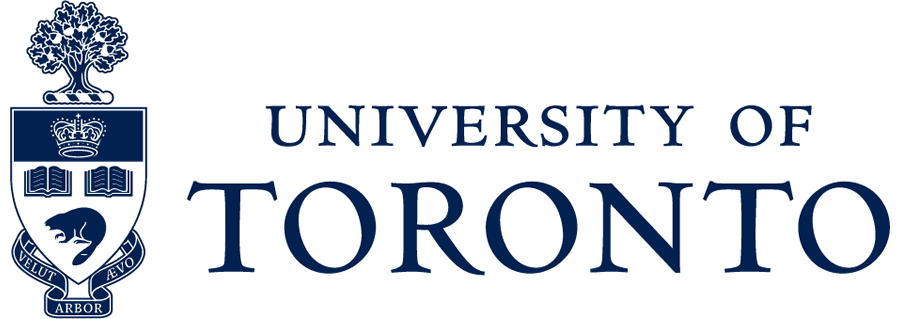

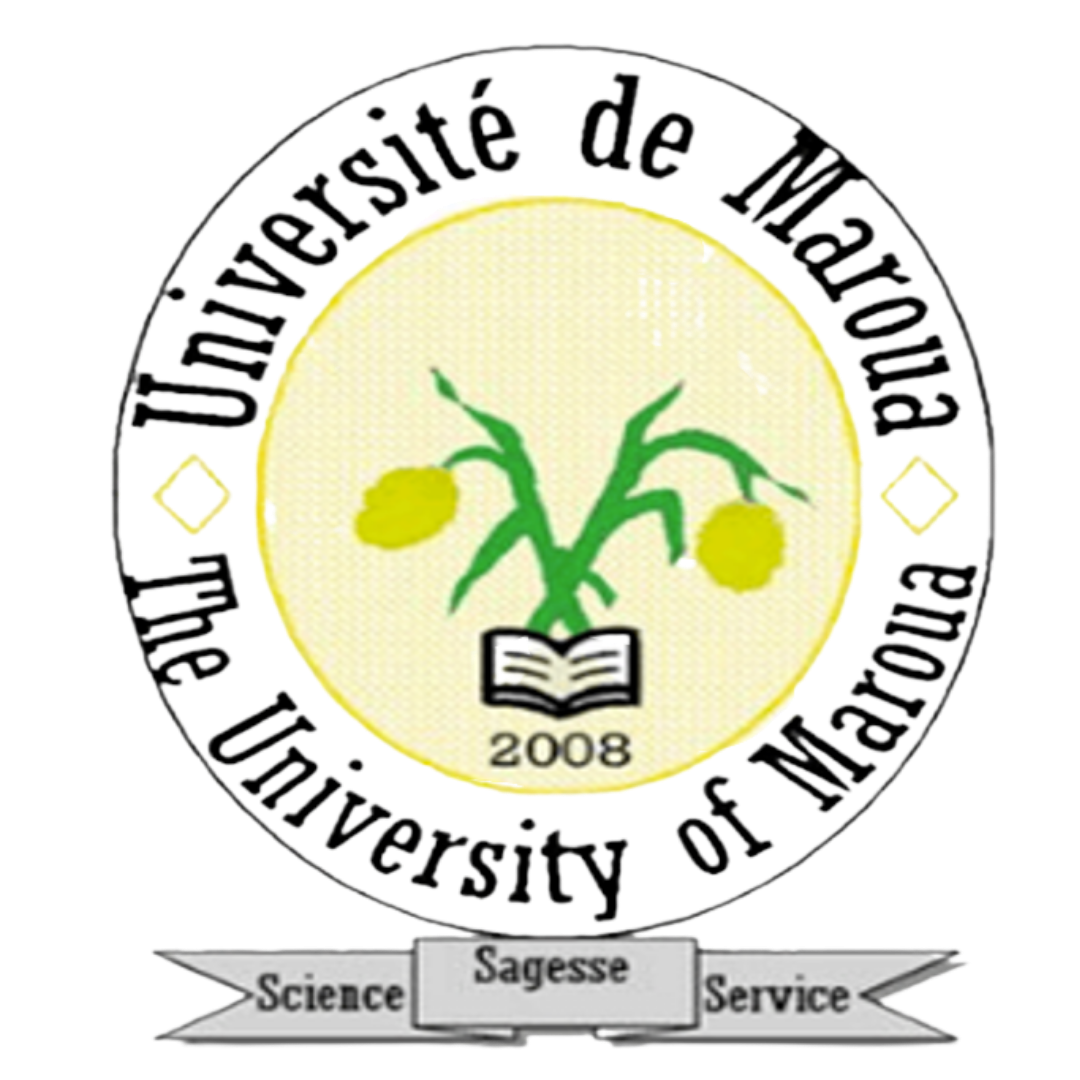
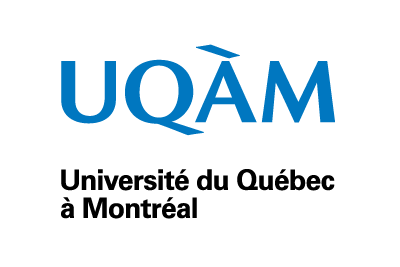
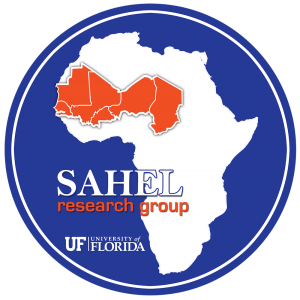
Sponsors
We proudly present our sponsors:
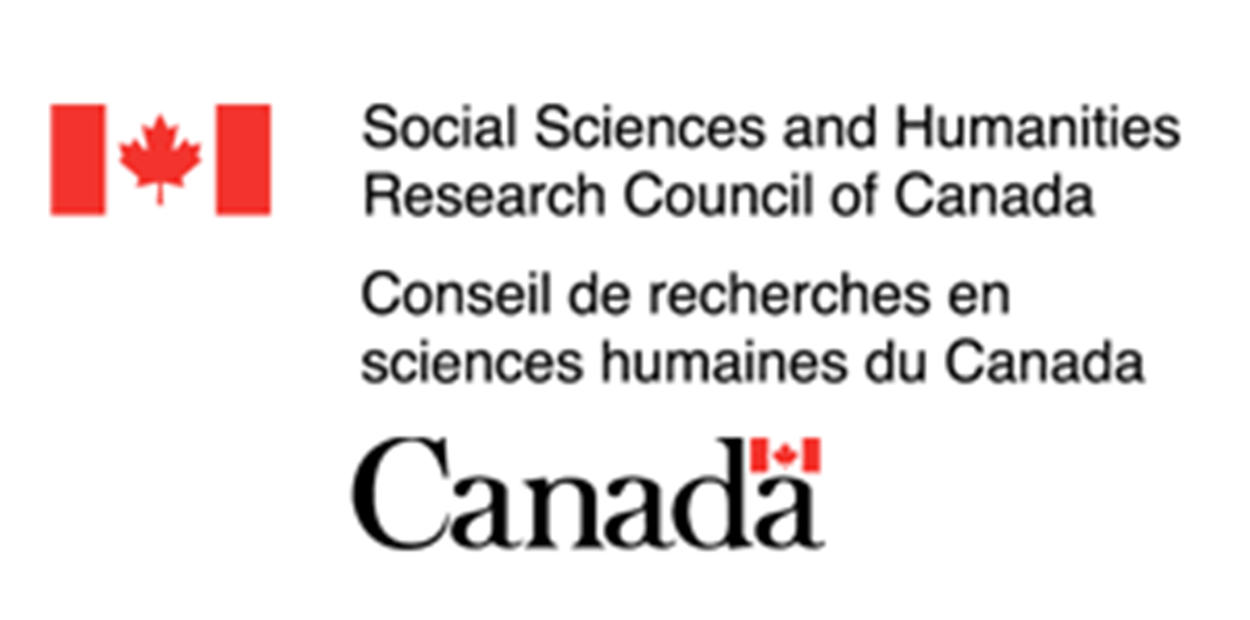
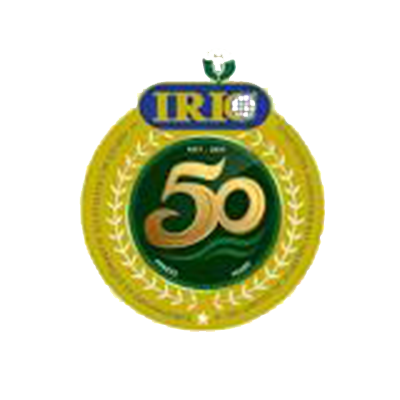
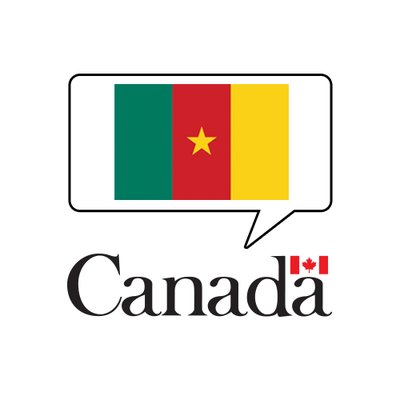

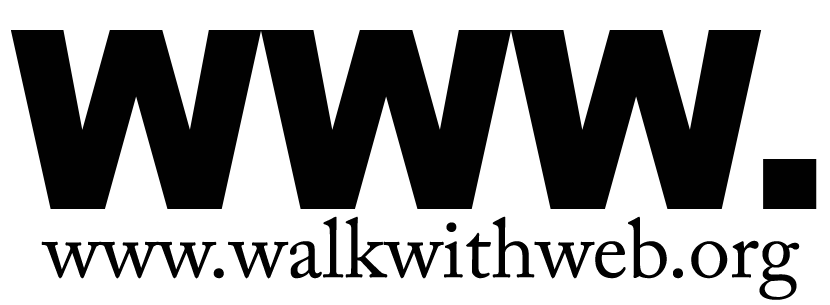
Detailed Program
Last Updated: June 2 2022
Wednesday, June 1 2022 |
|
|---|---|
8:00am - 10:00am |
Registration |
10:00am - 1:00pm |
|
1:00pm - 2:30pm |
Lunch Break |
2:30pm - 4:00pm |
Panel 3 - Nature and Evolution of African Jihads Chair: Ahmadou Sehou, University of Maroua
|
4:00pm - 4:30pm |
Break |
4:30pm - 6:30pm |
Roundtable 1 - Terrorism and Countering Violent Extremism in Africa Chair: Yves Mandjem, Institute of International Relations of Cameroon
|
Thursday, June 02 2022 |
8:00am - 9:30am |
Panel 4 - Islam, Violence and Political Salafism Chair: Gigla Garakcheme, University of Maroua
|
9:30am - 10:00am |
Break |
10:00am - 11:30am |
Panel 5 - Education and Terrorism Chair: Leonardo A. Villalón, Dean, University of Florida
|
11:30am - 1:00pm |
Panel 6 - Combatting Terrorism Chair: Wullson Mvomo Ela, Institute of International Relations of Cameroon
|
1:00pm - 2:30pm |
Lunch Break |
2:30pm - 4:00pm |
Panel 7 - Woman, Children and Boko Haram Chair: Valerio Colosio, Ankara Social Science University
|
4:00pm - 4:30pm |
Break |
4:30pm - 6:00pm |
Roundtable 2 - Sharing experiences with local NGOs and civil society
Chair: Wassouni François, University of Maroua/IAS Nantes
|
Friday, June 03 2022 |
8:00am - 9:30am |
Panel 8 - Legal aspect of the reintegration of ex-combatants Chair: Marc-Antoine Pérouse de Montclos, IRD Paris
|
9:00am - 10:00am |
Break |
10:00am - 11:30am |
Panel 9 - Identification in the context of Terrorism Chair: Daniel Urbain Ndongo, Institute of International Relations of Cameroon
|
11:30am - 1:00pm |
Panel 10 - Media and Terrorism Chair: Seidick Abba, RFI/University of Valenciennes
|
1:00pm - 2:30pm |
Lunch Break |
2:30pm - 4:00pm |
Panel 1 - Terrorism in Africa: Theoretical Perspectives Chair: Djanabou Bakary, University of Maroua
|
4:30pm - 6:00pm |
Panel 2 - Boko Haram from Historical Contexts Chair: Alessio Iocchi, NUPI & University of Naples
|
Saturday, June 04 2022 |
| Departure to the airport |
Note: we will be live streaming the sessions on social media platforms and plan to publish them on our website afterwards. If you have any concerns, please email iptsa2022@walkwithweb.org
Committee Members & Organizers
Honorary Chairs
- Lejeune Mbella Mbella, Minister of External Relations
- Jacques Fame Ndongo, Minister of State, Minister of Higher Education
- Richard Bale, Canada High Commissioner to Cameroon
Conference Chair
Conference Co-Chair
Scientific Committee
Advisory Committee
Organizing Team
Acknowledgements
THANK YOU TO:
- Ian Hood, Red Cross
- Lacina Baro, Parca-PNUD Project, Ndjamena
- Richard Bale, Canada High Commission to Cameroon
- Wilma Eyang Endamne, Global Affairs Canada
Speaker's Biographies
A
D
E
F
G
I
K
L
M
N
S
V
W
Y
Z
Panels & Abstracts
Panel 1 - Terrorism in Africa: Theoretical Perspectives
Panel 2 – Boko Haram from Historical Contexts
Panel 3 – Nature and Evolution of African Jihads
Panel 4 - Islam, Violence and Political Salafism
Panel 5 – Education and Terrorism
Panel 6 - Combatting Terrorism
Panel 7 - Woman and Boko Haram
Panel 8 - Legal aspect of the reintegration of ex-combatants
Panel 9 - Identification in the context of Terrorism
Panel 10 – Media and Terrorism
Keynote Address and Roundtables
Keynote Speaker
Roundtable 1 – Terrorism and Countering Violent Extremism in Africa
Roundtable 2 – Sharing experiences with local NGOs and civil society
Note to Participants
Visa requirements
We encourage you to visit the website of the Cameroon embassy in your respective countries to find out the list of documents you will need to enter Cameroon. The visa application is done online. You must login to request a visa from the Cameroon Embassy’s website covering your country or residence.
In general, Visa applications must include the following documents:
- A visa application form available on the current page of the website of the High Commission of Cameroon in Canada, duly completed, printed and signed
- A passport valid for at least 6 months from the date of application
- A recent passport size photo on a white background, 7cm X 5cm or 5cm X 4cm (write the name on the back of the photo)
- A copy of the yellow fever vaccination certificate. Other vaccinations and anti-malaria treatment are recommended
- A copy of the airline ticket or a reservation for an airline ticket clearly indicating the name of the passenger(s) and the departure and return dates
- A letter of invitation or certificate of accommodation from your host in Cameroon signed by a locally competent Cameroonian authority. The letter of invitation should serve as a guarantee for the applicant’s accommodation and/or care during his/her stay
- In the event that the letter of invitation or certificate cannot be submitted, proof of means of support in Cameroon must be given: a signed bank statement showing a minimum of 3000 Canadian dollars
Be aware that visa applications take an average estimated period of twenty-one (21) Business days to process.
Vaccination record
The yellow fever vaccine is mandatory for entry into Cameroon. While we encourage you to take the vaccine before traveling, you can also be vaccinated upon arrival at Yaoundé airport.
Covid-19 public health measures
Make sure you are fully vaccinated and up to date with your COVID-19 shots before traveling to Cameroon. Even though this is not mandatory, you may also need to get a PCR test no more than three days before your flight to Cameroon.
Additional details could be found at: High Commission of Cameroon in Canada
